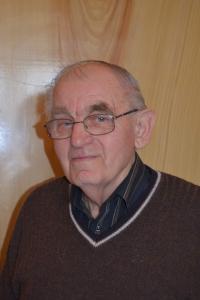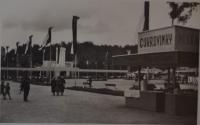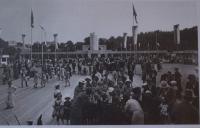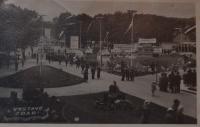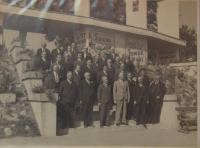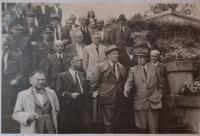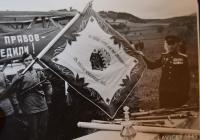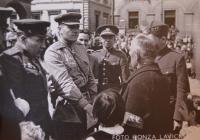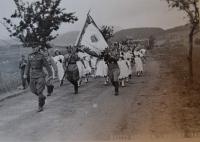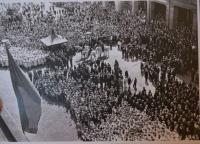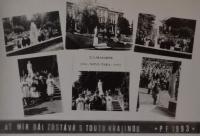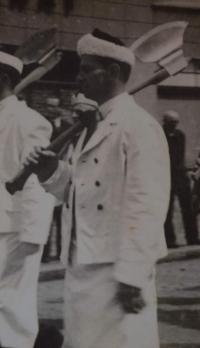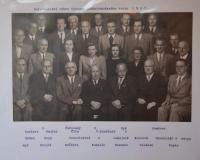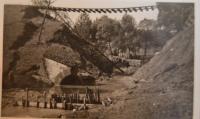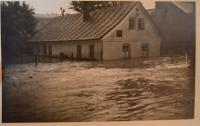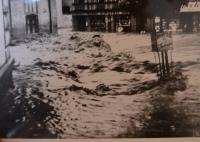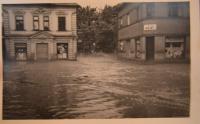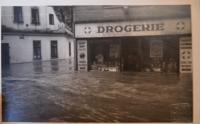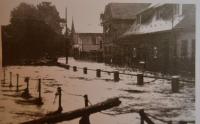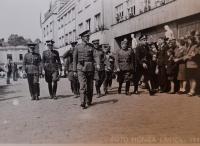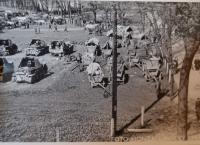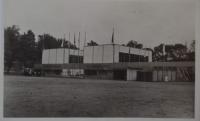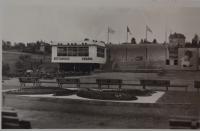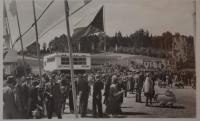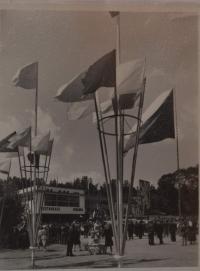After the war the country was soaked with Bolshevism

Stáhnout obrázek
Jaroslav Vágenknecht was born in 1932. His father ran one of the butcher‘s shops in Nová Paka. In 1939, shortly before the invasion of Poland, he was a chance witness of the Gestapo arresting prominent citizens of Nová Paka. At the end of the war, when he was enjoying his indeterminately-long holidays just like the other children, he saw transports of prisoners and captured soldiers pass through the town. He and his friends made rounds of the neighbourhood on their sledge and collected clothes and food for the captives. He witnessed the dramatic uprising in Nová Paka, which began on 3 May 1945 and was quashed by German reinforcements the following day. After the Wehrmacht abandoned the town, people began celebrating the end of the war, and on 10 May everyone cheered on the soldiers of the Red Army as they entered the town. The Communist coup in 1948 caused the monument to T. G. Masaryk in Nová Paka to be removed for the second time, followed by political trials, house raids, and the confiscation of the property of small business owners, which was then displayed as a warning to the rest. Jaroslav Vágenknecht‘s father refused to join the Masna (Butchery) enterprise in 1949, but in the end he was forced to enter the single food supply chain and was only allowed to sell meat products, not produce them. Jaroslav trained to be a butcher, and in 1951 he began his three-year compulsory military service with the Auxiliary Engineering Corps (forced labour for political misfits - trans.). He never took up his father‘s trade. His father sold the family butchery in the early 1960s and was subsequently accused of selling off Socialist state property. After 1989 Jaroslav Vágenknecht was in charge of the town‘s chronicle for thirteen years.
